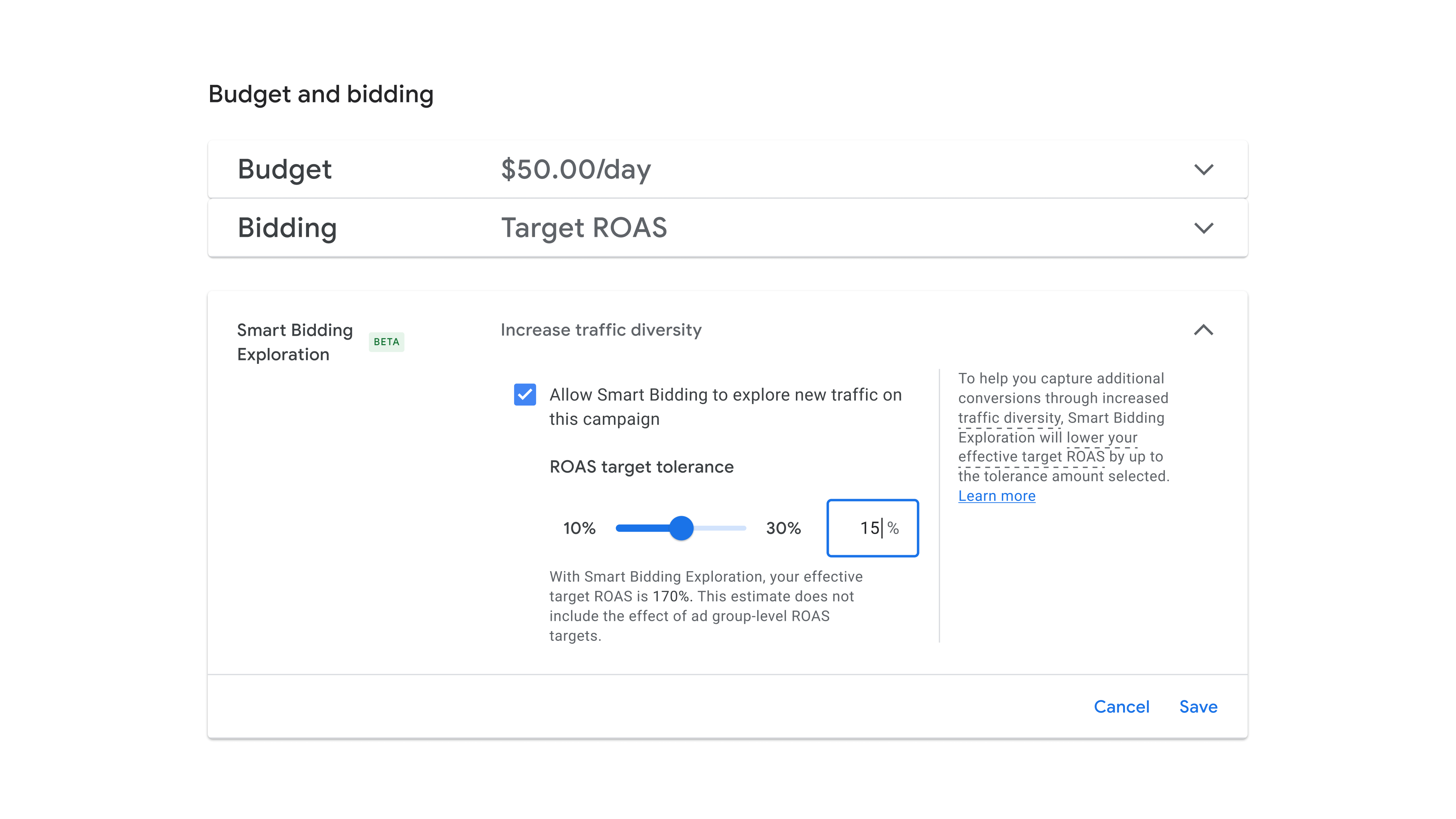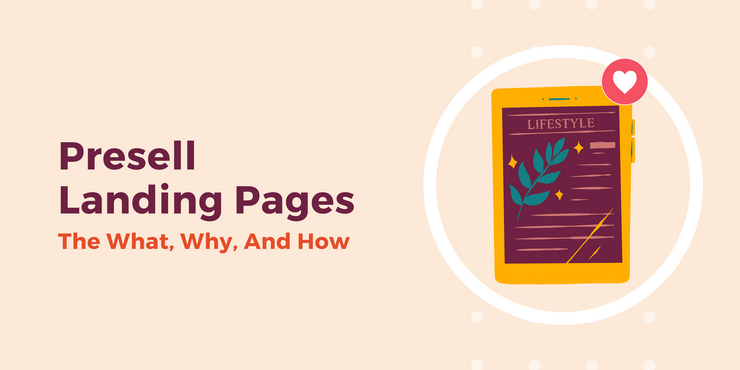Getting fired from a job you hate can still be upsetting — here's why, according to a therapist
If you've ever been let go from a toxic job, it can be puzzlingly upsetting. Here's why.

Toxic work culture stories dot the internet with tales of bad co-workers and even worse bosses. For example, Away suitcase's founder reportedly used Slack to lob insults at her team, including calling them "brain dead." Adam Neumann of WeWork held mandatory meetings on Sundays. And Amazon drivers reported skipping bathroom breaks and peeing in bottles.
If you've ever found yourself in workplace that was harmful to your mental health, you know it can be all-consuming. And if you've ever been let go from a toxic job you probably also know it can be puzzlingly upsetting.
"It's like being in a toxic relationship that ends," says Lisa Bobby, psychologist and clinical director of Growing Self Counseling & Coaching in Denver, Colorado. "A person will be upset and their friends are like, 'oh my god why.'"
Why you might be thinking 'it was my fault'
The reason getting let go by a boss who had a negative impact on your life can be traumatizing is because many people form an "abusive relationship" with their job, Bobby says.
"They have a narrative that says, 'if I were better I wouldn't have done a bad job. It was my fault,' she says. "It's similar to a narrative that women or men have in an abusive relationship that if I were better this person would treat me how I deserve to be treated."
If you find yourself missing a boss who was impossible to please or didn't respect your boundaries, be sure to "make space for your feelings," Bobby says.
"No matter what's going on, you change the way you feel by changing your story," she says. "If you're feeling really bad about a job loss it's because you are rehashing a hurtful or shameful narrative. Craft a new story that feels true, but that emphasizes a positive spin."
For example, instead of telling yourself "they hated me," say "I didn't love that job either and now I'm free to find something better."
They have a narrative that says, 'if I were better I wouldn't have done a bad job. It was my fault.'
Even losing a job you hate can leave a 'huge void'
Some professions lend themselves to toxicity more than others, says Brandon Smith, therapist and executive coach known as The Workplace Therapist
"There are environments where you are expected to give your entire life to a profession," he says. "Common ones would be high pressure consultation, high pressure law firms and investing banking. Those folks are notorious for sleeping in their office."
If you get let go from a job that was a major time-suck you might feel disoriented, Bobby says.
"Losing a job that monopolized all your time leaves a huge void in your life, particularly if your meaning or self worth has been tied up in your professional role," she says. "In these cases people can feel immense anxiety, panic, and loss, and sometimes jump right back into another toxic job situation where they're overworked in order to escape the existential crisis."
To cope, take this time to invest in hobbies, self-care, or personal relationships, she says.
Sign up now: Get smarter about your money and career with our weekly newsletter
Don't miss: I spent 5 years interviewing 225 millionaires. Here are the 4 types of rich people and their top habits

 UsenB
UsenB 
































